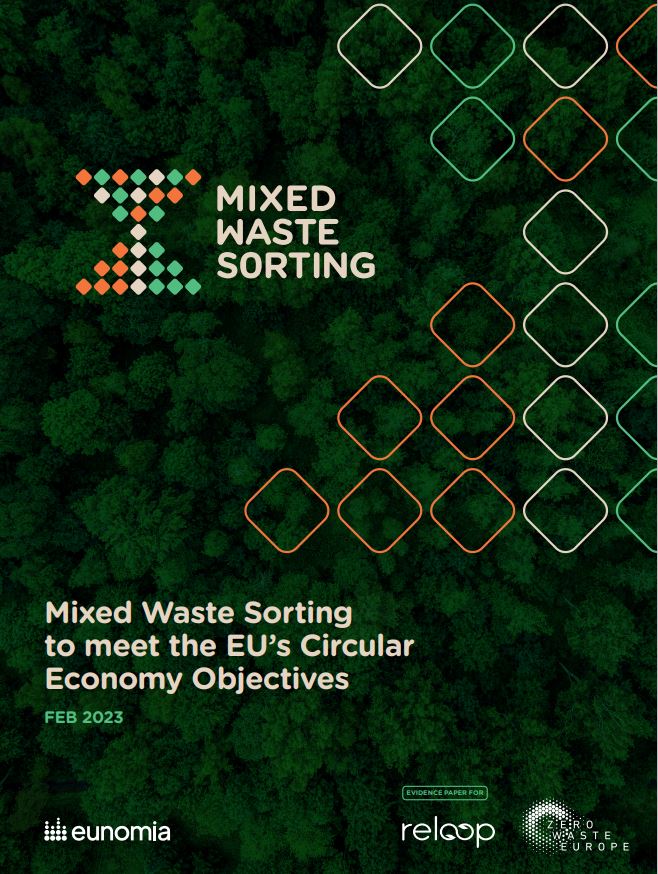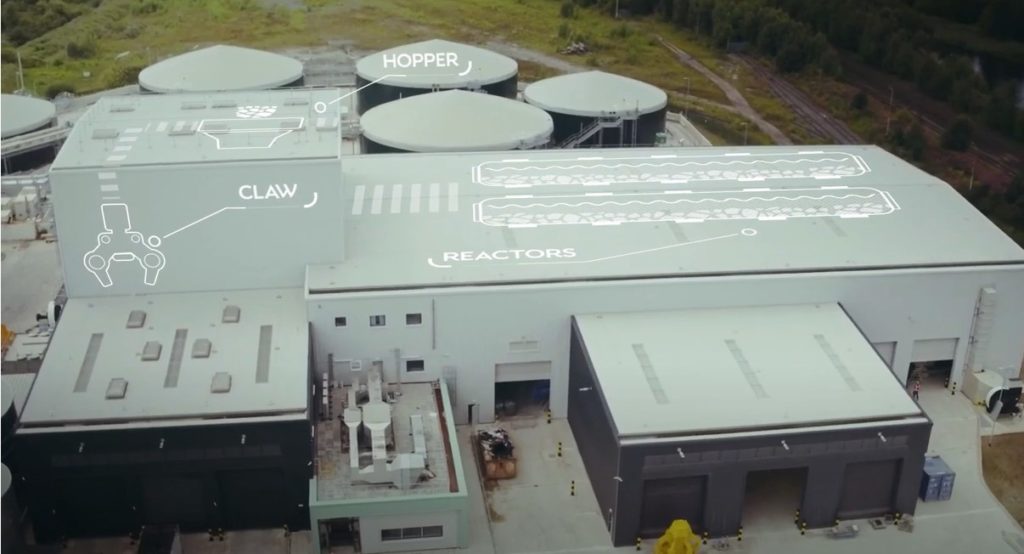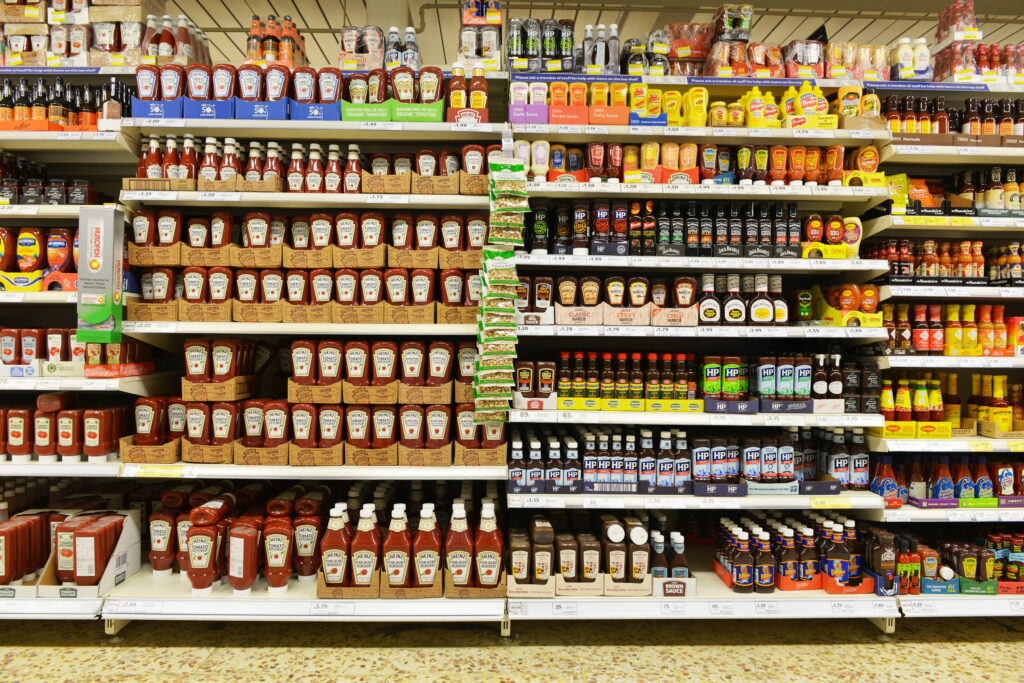
The endorsement of MWS – which involves removing recyclables from what would otherwise be counted as residual waste – comes in a Eunomia report for the Zero Waste Europe and Reloop organisations. The pair are preparing their input to a European Commission review of the Waste Framework Directive.
The Commission’s review is focusing mainly on food waste and textiles but it is thought that the concept of MWS might be included in some Waste Framework conditions with even a possibility that there could be measures to discourage the incineration of recyclables. It is understood that there is also a growing political will to mandate MWS which is being considered in the ongoing revisions of the Renewable Energy Directive (to oblige operators to remove fossil-based materials) and the Industrial Emissions Directive (to require operators to demonstrate that the waste input is sorted).
Today’s report – referring to European Union targets – concludes that “a full roll-out of effective MWS is likely to be necessary to meet existing targets and almost certainly is important if climate change impacts of waste management are to be minimised and more ambitious recycling rates to be achieved in the future”.
UK

For its part, the UK government is not thought to be working on the role of MWS although it did mention the topic briefly in its Resources and Waste Strategy, citing the Orsted Renescience plant in Northwich as an example. The Scottish government has however gone further than England or Wales in its research work linked to MWS. Earlier this month An independent review conducted by Dr Colin Church has recommended that the Scottish Government put in place measures to end the incineration of plastic at energy from waste (EfW) plants by 2030.
Emissions
The study from Eunomia – Mixed Waste Sorting to meet the EU´s Circular Economy Objectives – shows that the most important contribution from MWS would be the reduction in greenhouse gas emissions associated with waste, as it is an effective method for ensuring that energy-intensive materials are not lost to landfill and energy recovery, but can be recycled and displace the need for virgin materials.
Three EU countries with high recycling performance were studied – Germany, Belgium, and Sweden – and it was concluded that, in addition to separate collection and improved recyclability of plastic packaging, a full roll-out of effective MWS is likely to be necessary to ensure that recycling targets are consistently met and to ensure progress towards the EU’s wider carbon emissions reduction goals.
MWS could save between 10.2 and 23.2 MtCO₂e/annum, depending on the success of separate collection improvements. This would mean savings of up to 21% on the total 2020 EU waste sector emissions. This increases to saving 28 MtCO₂e/annum, equivalent to 25% of EU waste sector emissions, if more ambitious MWS with greater sorting efficiencies is rolled out, the report notes.
Plastic and paper
The introduction of mandatory MWS would also help to ensure that plastic and paper packaging recycling targets for 2030 will be consistently met, and contribute between 2.9 and 8.2 percentage points to the municipal waste recycling targets (depending on the level of ambition in MWS and the success of separate collection improvements), the study says.

Targets
A core point in the research is that the authors found the recycling rate is effectively “capped” at around 60%. They state: “However, we hypothesise that further improvements beyond 2030 can be driven by improvements in sorting efficiency at MWS plants such that MWS can help not just to meet existing targets but also to meet increasingly ambitious targets in the future.
“We have therefore included an ambitious MWS scenario to the analysis: the improved sorting efficiencies have been calculated starting from the MWS efficiencies, and assuming that an ‘additional’ sorting with the same efficiencies would be applied to the materials not sorted, e.g. if the MWS sorting efficiency for a specific waste stream was 80%, then we applied that 80% again to the 20% not sorted, giving an overall sorting efficiency of 96%.
“In other words, this means that an additional 16% of that waste stream by weight would be sorted for recycling. Recyclability, collection and loss rates are instead kept the same as in the MWS scenario. This is technically achievable with the technology available today but would need to be part of a plants design and would come at a higher monetary cost.”
Recycling rates
In the three countries examined, the addition of mixed waste sorting prior to thermal treatment and landfilling is projected to raise recycling rates in 2030 from 50% to 62% in Germany; from 53% to 65% in Belgium; and from ~44% to ~58% in Sweden.
Janek Vähk, ZWE’s climate, energy, and air pollution programme coordinator, commented: “It’s clear that MSW is an essential solution to achieve climate targets. In addition to separate collection, its complementary role needs to be recognised by EU policies.”
Clarissa Morawski, CEO of Reloop said: “Only when all member states introduce measures to effectively sort recyclables from mixed waste prior to thermal treatment and landfilling across the EU, will there be any degree of confidence that plastic and paper packaging recycling targets will be consistently met and circularity of resources maximised.”
The idea of MWS is highly applicable to the UK
Circular economy
Andy Grant, technical director at Eunomia Research & Consulting said: “The EU is already leading the way on the circular economy transition and the addition of mixed waste sorting systems alongside separate collection systems and improved packaging recyclability will continue to support this by reducing greenhouse gas emissions and improving recycling rates.”
Mr Grant added: “Essentially the idea of MWS is highly applicable to the UK. We studied similar countries with some minor differences and most of the countries have big thermal systems as well as collection systems.”








Subscribe for free